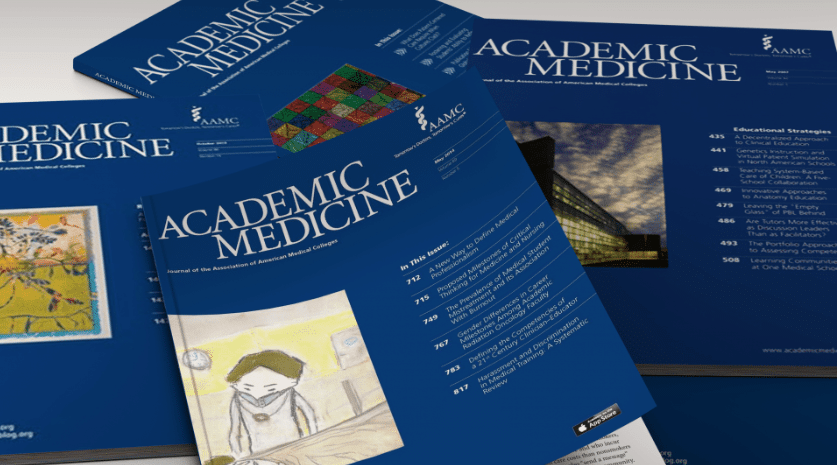Ponce Health Sciences University (PHSU) and Tiber Health Innovation (THI) announce the publication of a report in Academic Medicine, the flagship journal of the Association of American Medical Colleges (AAMC), that’s titled “Increasing Diversity in the Physician Workforce: Pathway Programs and Predictive Analytics.”
The report presents a model, which is the first and only of its kind in the world, that allows medical schools to increase the ethnic and economic diversity among students within their MD programs by creating a pathway program coupled with predictive analytics. The model allows MD admissions committees to rely less on the MCAT (which peer-reviewed studies have found to be a weak to moderate predictor of success in medical school, especially for underrepresented groups) and more on performance data when evaluating diverse MD applicants from the pathway program.
“The challenge of achieving ethnic and economic diversity among medical education students has been long standing, and our research highlights how our approach can level the playing field,” says Dr. David Lenihan, CEO of Tiber Health Corporation and PHSU President. “We now have tangible proof that a pathway program used with THI’s predictive analytics can be an effective way for MD admissions committees to better evaluate the capabilities of applicants from underrepresented and lower socioeconomic backgrounds without relying on the MCAT.”
The report presents the outcomes of a 10-year research project that has been conducted by PHSU and THI. The three phases of the project are (1) creating and implementing a pathway program; (2) building and validating a predictive analytics platform; and (3) working with the MD admissions committee to gain trust and adoption, including ongoing evaluation and monitoring.
At PHSU, this pathway program is the Master of Science in Medical Sciences (MSMS) degree, the curriculum of which is the same as year one of PHSU’s MD program. Coupled with THI’s predictive analytics platform, these two components provide the PHSU MD Admissions committee with a highly accurate data-driven process for evaluating medical school applicants.
The report found that PHSU’s students (100% Hispanic with the majority coming from households earning less than $100K per year) who were directly admitted to PHSU MD had higher MCAT scores compared to students who went through MSMS before PHSU MD. However, there was no difference in USMLE Step 1 scores when comparing MSMS and non-MSMS groups:

“This data is revelatory because it confirms our hypothesis that underrepresented students from lower economic backgrounds with below 500 MCAT scores can be successful in med school and pass the Step 1,” says Dr. Mayrath. “MD programs that have used a traditional MCAT-reliant evaluation methodology can enhance or upgrade their admissions policies by implementing this data-driven, performance-based process. It’s a more accurate measure of the capabilities of minority MD applicants from lower economic backgrounds who might not fit the traditional profile but possess the proficiencies and ambition to become the future physicians who are needed for an ever-changing U.S. population.”



